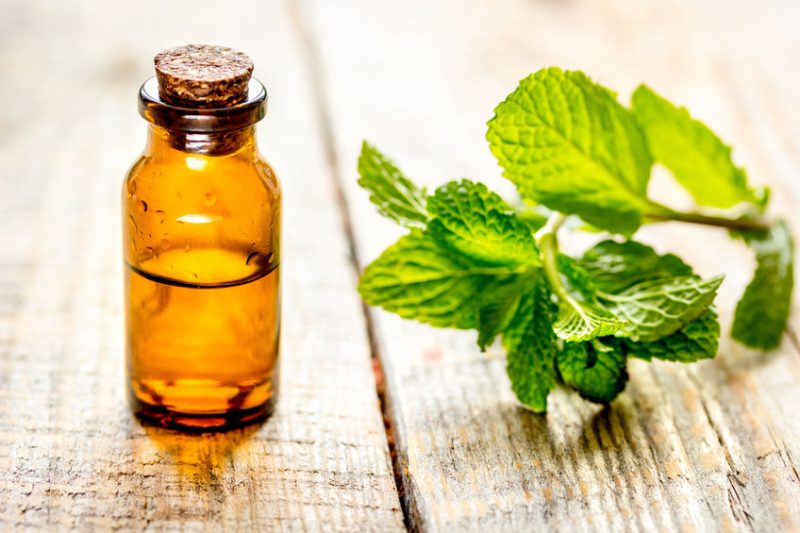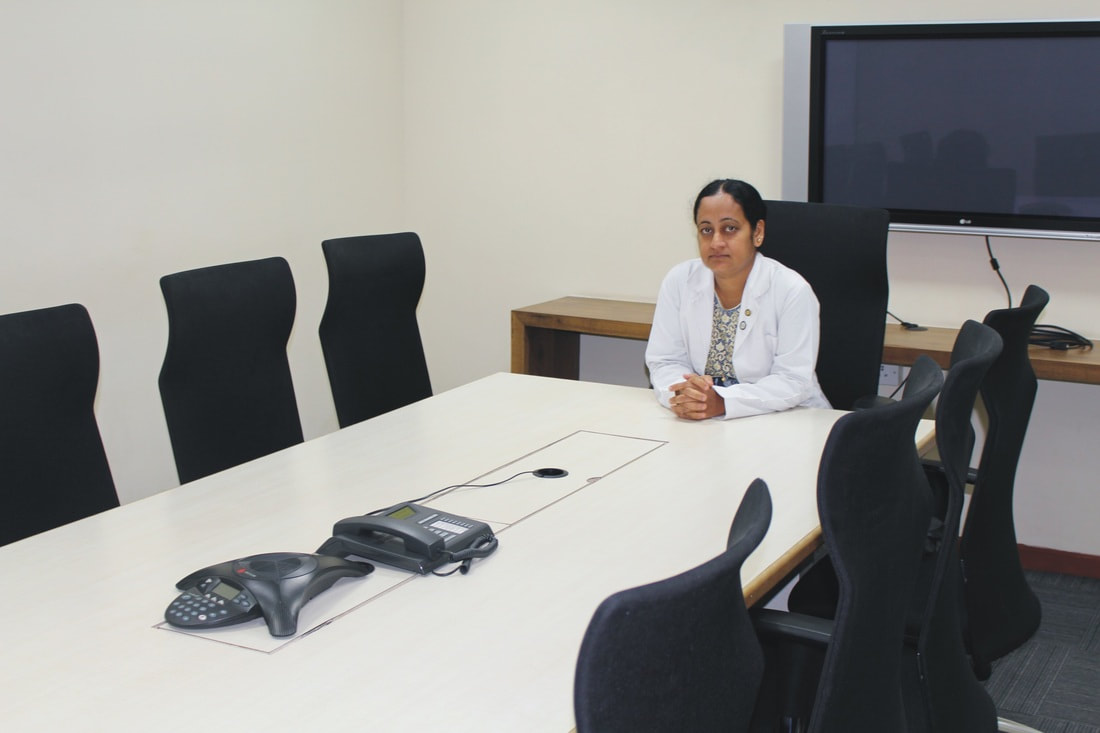|
Advertisements are shown with the only motive to lure consumers to buy products. Marketing people make the products as colorful, healthy and lovable as possible bringing in the right elements to connect with the viewers instantly. For instance, ads for toothpaste highlight the major medicinal ingredients such as spearmint and peppermint extracts used to make our teeth stronger and healthier. Mint is common but what is this spearmint? It’s a herb similar to mint that’s pleasant-smelling with a sweet taste and hence, often used in products such as mouthwashes, toothpaste and other health-food products too. Yes! The green leaf that you’ve assumed until now to be pudina (mint) is spearmint! Its often used as a therapeutic agent for its aplenty of health benefits (claimed) right from indigestion and gas to headache, toothache and cramps. There are some proposals for its use as an antioxidant and an agent to solve hirsutism in women. The latest of them is its benefits in improving memory and learning that could be helpful against age-related cognitive decline.
Ageing & Cognition The cognitive process includes memory, attention, perception, problem-solving and decision-making skills and any disruptions in the neural physiology supporting cognition can lead to impairment and cognitive dysfunction. Memory capabilities differ individual to individual and there are some who are extremely forgetful even at a young age. Forgetfulness in school-going children can be extremely problematic for the kid as he/she often secures low marks at school. In my childhood days, I had a close friend who could not even remember three definitions precisely. His worried mother sought the help of friends and family among whom one of them suggested giving the boy a handful of the Indian pennywort (vallarai in Tamil, gotu kola in Hindi and mandukaparni in Sanskrit) extract which worked well for him. Nowadays, that’s what has been officially termed as supplements-we have got an entire range of them including multivitamins, minerals, folate, anti-ageing, weight-loss and the list goes on and on. Not all supplements have government approval but still remain popular among people for its host of benefits. Supplements for improved brain structure and function contain different nutrients and there has been increased interest shown in using herbal preparations as cognitive-enhancing agents commonly called as nootropics. Nootropics might be used in everyday life for improved attention and focus while athletes and active individuals too use them for enhancing performance though we have negligible evidence showing increased cognitive skills to improve performance. While members of the mint family have been generally proposed for resolving nervous system disorders, respiratory and gastrointestinal issues recent research show that they also benefit memory due to their polyphenolic constituents. Spearmint is a member of this distinguished mint family that includes more than 900 species such as sage, rosemary and lemon balm. Ageing is an inevitable process that’s commonly linked to cognitive decline including memory loss and decreased processing speed. Age-associated memory impairment (AAMI) is commonly linked to normal brain ageing and with the ageing adult population living through extended years we need to ensure their quality of life and preserve cognitive ability as much as possible. A variety of nutrients that have been studied for their neurocognitive benefits show different degrees of efficiency. There are studies that show improved cognitive skills after consuming plant extracts from the Lamiaceae family due to the polyphenols present in them. Free radicals and oxidation decrease cognitive function and as extracts from plants such as rosemary from the Lamiaceae family have increased antioxidant property they benefit in memory preservation. This is especially true in the case of rosmarinic acid (RA) that improves antioxidant status in neuronal cells and hippocampal tissue. A mouse model that used RA extract showed hopes for Alzheimer’s disease too. So, spearmint extract too might contain other phenolic compounds apart from RA that benefit cognition in humans. The first hint that dried aqueous extract from spearmint could support cognition was obtained from a mouse model of aging; the possibility of spearmint extract impacting working memory was deciphered from a study of older adults (who self-reported memory impairment) whose results showed that consuming the extract for 30 days improved cognitive performance. Effect of Spearmint Extract on the Ageing Population A randomized double-randomized placebo-controlled study was conducted on generally healthy men and women. The participants were included or excluded based on several criteria and their cognitive performance was measured using the Cognitive Drug Research (CDR) System and a word recall test was also conducted. The cognitive assessment was administered at -0.75, 0.5, 2, 4 and 6h during each visit at days 0, 45 and 90 respectively. There were 11 tasks including immediate word recall, simple reaction time, digit vigilance, choice reaction time, numeric working memory, word recognition and picture recognition that assessed attention and information processing, episodic and working memory, executive function and motor control. Water-extracted dry spearmint extract that contained 14.5% RA and 24% total polyphenols including lithospermic, caftaric and salvianolic A and B acids and many others were made into study capsules that contained 300-450 mg of the spearmint extract. All the participants were instructed to consume two capsules with breakfast equivalent to 0, 600 or 900 mg/day of extract for 90 days. Mood of the participants were analyzed using the profile of mood states (POMS) questionnaire and were categorized as tension-anxiety, depression-dejection, anger-hostility, vigor-activity, fatigue-inertia, confusion-bewilderment and a total mood disturbance (TMD) score. Sleep was evaluated using the Leeds Sleep Evaluation Questionnaire (LSEQ) with four domains namely ease of getting to sleep, quality of sleep, awakening from sleep and behaviour following wakefulness. The 90 participants who were selected based on various eligibility criteria visited the research clinic in the morning for each test day (days 0, 45 and 90) after fasting for 10-14 h. All of them completed the POMS and LSEQ questionnaire and consumed a standard breakfast meal. All of them were requested to avoid any vigorous physical activity, alcoholic beverages, caffeine and tobacco use before and during all test visits. Results The 90 subjects were split into three groups-placebo, 600 mg spearmint extract or 900 mg spearmint extract. The cognitive drug research (CDR) battery identified a treatment effect in quality of working memory for all individuals who were supplemented with 90 days of spearmint extract. Results showed that:
Spearmint Extract Effects on Healthy Men & Women To check whether the cognitive advantages of the extract also has a positive impact on the younger population a pilot study was conducted in young and healthy men and women who were supplemented with the same amount of extract as done in the above trial on ageing population. A randomized, double-blind, placebo-controlled study including 1 screening visit at baseline (day 0) and 3 treatment visits at day 7, 30 and 90 was conducted on 142 participants who were placed in the 900 mg of proprietary spearmint extract (PSE) or placebo (PLA) group. The individuals were selected based on various criteria and stratified into 4 groups-young (18-35 years)/male, older (36-50 years)/male, young/female and older/female. Subjects were called as recreationally active when they completed ≥1 hour and ≤6 hours of moderate to vigorous physical activity every week. All the participants logged exercise, sleep and 3-day food logs and were read to refrain from consuming caffeine-containing products for 10 hours, alcohol consumption and any physical activity for 24 hours and any strenuous resistance exercise for 48 hours before and during all visits. Cognitive skills were assessed using a computerized set of tests that included finger tapping, symbol digit coding, shifting attention, continuous performance, reasoning, 4-part continuous performance and digit span. The results from all the tests were combined for cognitive domain scores consisting. Here also, sleep was assessed using LSEQ administered at 7, 30 and 90 days respectively and mood through POMS. Three-day food logs were collected every time before the supplementation period to ensure that the diets remained the same throughout the study. Results 69 participants were in the PLA group and 73 were in the PSE group but only 54 and 52 in the PLA and PSE group completed the study successfully. The treatment showed significant improvement for sustained attention at day 30 and 90. For complex attention, there was improvements seen in the PSE compared to the PLA at day 7. Good results were observed in PSE vs PLA in the shifting attention test for reduction of errors at day 7 and for reaction time of correct response at day 7 and at day 90. There was no commendable difference in any of the domain scores for LSEQ and mood scores too did not change much after extract administration. But there was improvement in quality of life in psychological and spiritual domain rating after administration of the extract. Another study on recreationally active men and women who received 900 mg of PSE for testing reactive agility showed positive results. References Spearmint Extract Improves Working Memory in Men and Women with Age-associated Memory Impairment: https://www.ncbi.nlm.nih.gov/pmc/articles/PMC5779242/ The Attention-enhancing Effects of Spearmint Extract Supplementation in Healthy Men & Women: https://www.sciencedirect.com/science/article/pii/S0271531718308431 Efficacy of a Nootropic Spearmint Extract on Reactive Agility: A Randomized, Double-blind, Placebo-controlled, Parallel Trial: https://jissn.biomedcentral.com/articles/10.1186/s12970-018-0264-5 Comments are closed.
|
AVOID FRAUD. EAT SMART+91 7846 800 800
|
- Home
- Written Testimonials
- Consult
- Clinics
- Blogs
-
Diet & Nutrition
- Diabetes Reversal
- IVF IUI not needed for PCOS PCOD Infertility
-
Medical Nutrition
>
-
Disease & Conditions
>
- Infertility | PCOS
- Diabetes Mellitus
- Cholesterol
- Hypothyroid
- Kidney Problems
- Hypertension
- Cardiovascular Diseases
- Liver Diseases
- Gastro intestinal disorder
- Cancer
- Metabolic Disorders
- Orthopedic Disorders
- Eating Disorders
- Dietary Recall
- Weight Record Filled By Clients
- Online Payment Transaction Details
- Online Clients Weight Check Form
- Our Program Package Service Charges
- Weight Record 2017 Clients
- Measurements sent by Clients
- Terms & Conditions Of Payment
- Thanks. Your Form is Submitted
- Video Testimonials
- Lifestyle & Wellness
- Lifestyle & Wellness Blog
- Allergy & Intolerance
- Weight Loss / Gain
- Weight Loss / Slimming Blog
-
Disease & Conditions
>
- Life Cycle Nutrition >
- Sports Nutrition >
- Integrity in Nutrition
- Knowledge Centre
© COPYRIGHT 2022. ALL RIGHTS RESERVED. FRST HEALTHCARE PVT LTD.
Dr. Nafeesa Imteyaz of First Eat Right clinic, is the Best Dietitian Nutritionist in Bangalore. Best Dietitian Nutritionist in Pune. Best Dietitian Nutritionist in Hyderabad. Best Dietitian Nutritionist in Chennai. Best Dietitian Nutritionist in Mumbai. Best Dietitian Nutritionist in Delhi. Best Dietitian Nutritionist in Kolkata.



